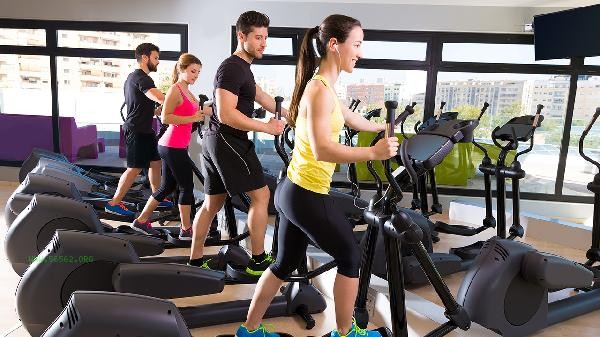The best time to choose a gym for exercise should be based on personal schedule and exercise goals. Usually, fasting in the morning can help burn fat, while peak physical activity in the afternoon is suitable for muscle building. Relaxing in the evening can relieve stress.

Fasting aerobic exercise from 6-8 am can effectively mobilize fat supply, and cortisol levels are high at this time. Combined with 30-40 minutes of jogging or cycling, it can improve metabolic efficiency. However, it should be noted that individuals with low blood sugar should avoid high-intensity training and can supplement with small amounts of easily digestible carbohydrates before exercise. Timely intake of high-quality protein and whole grains after morning exercise can help with muscle repair. From 4 to 6 pm, the core temperature of the human body reaches its peak, and muscle flexibility and explosive power increase by about 15%, making it suitable for strength training or high-intensity interval exercise. During this period, testosterone and growth hormone secretion are more active, which can promote muscle synthesis. It is recommended to supplement with compound carbohydrates one hour before training, and promptly supplement with whey protein and fast carbohydrates such as bananas after training. Exercising from 7pm to 9pm can help relieve daytime stress, while low-intensity exercises such as yoga and Pilates can improve sleep quality. However, vigorous exercise should be avoided within 2 hours before bedtime to prevent sympathetic nervous system stimulation from affecting sleep. Evening training can be paired with rice porridge or milk rich in tryptophan as an added meal. Regardless of which time slot is chosen, it is more important to maintain regular exercise 3-5 times a week than to be fixated on time. It is recommended to choose a fixed time slot according to work arrangements to form biological clock memory, and to do sufficient warm-up and stretching before and after exercise, combined with a high protein and low GI diet. Ensuring 7 hours of sleep after moderate to high-intensity training can help maximize exercise effectiveness, while also monitoring the resting heart rate in the morning to assess the body's recovery status.









Comments (0)
Leave a Comment
No comments yet
Be the first to share your thoughts!